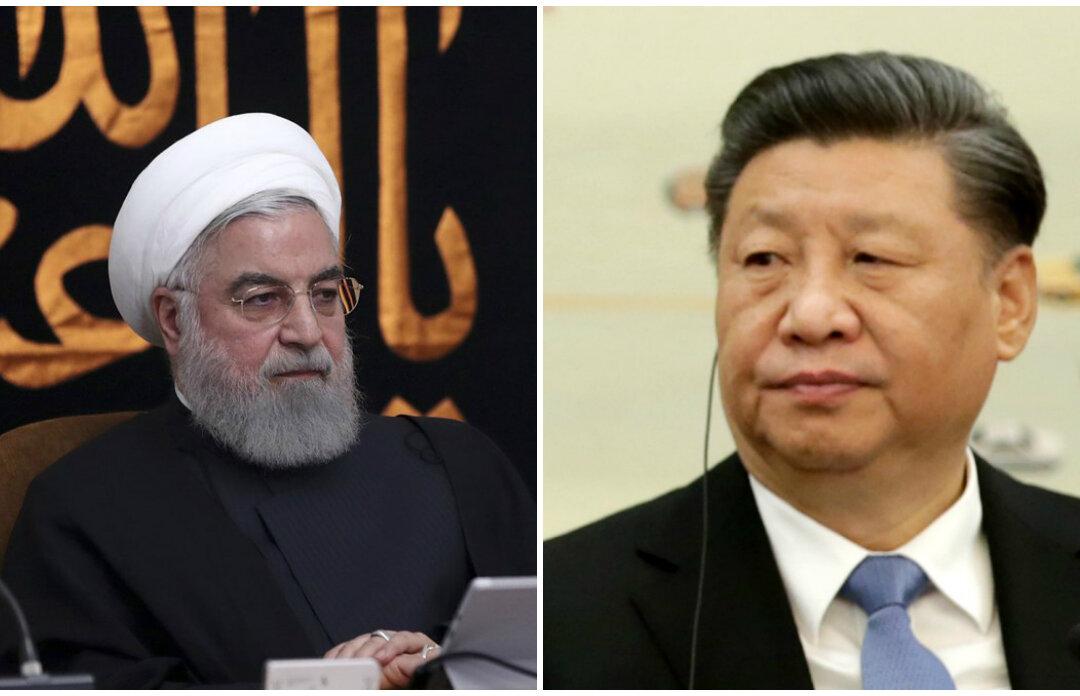Merging interests are motivating China, Iran, Russia, and North Korea to increasingly work together and create an alternative world order, said Frank Gaffney, executive chairman of the Center for Security Policy.
“One might call it an axis of evil between China, which is the most important player in the mix, Russia, Iran, and North Korea, too. Those four are now working hand in glove to bring about a new world order. [That] is a hackneyed phrase, but I think it’s what they strive for,” Gaffney said in an interview on Oct. 24 with NTD, a sister media outlet of The Epoch Times.






